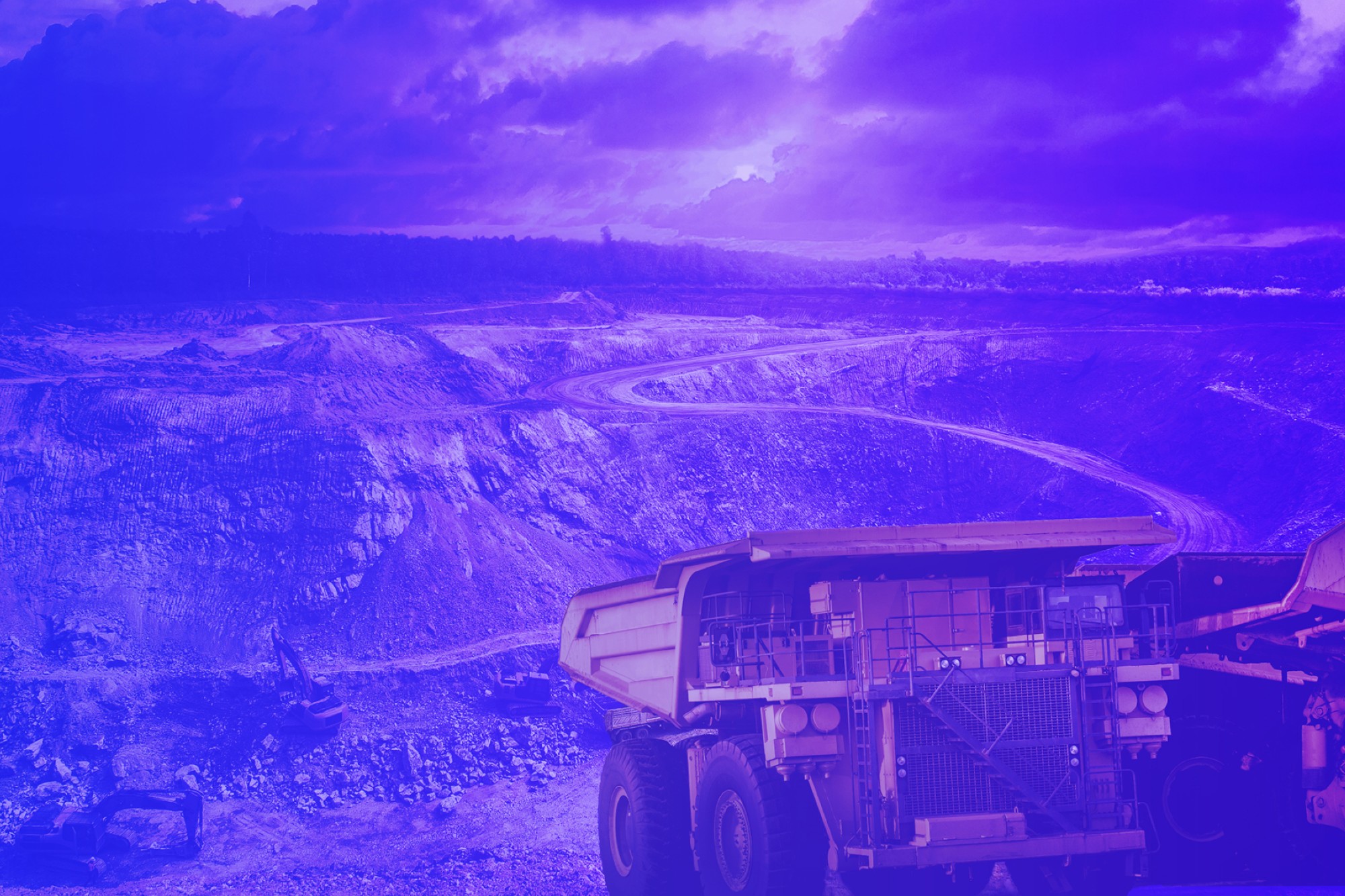The Metals and Mining sector continues to play an important and critical role in the robust growth of global economies.
As developing countries modernise quickly and as some industries, such as solar photovoltaics (PV), electric cars, and batteries gain traction, there is a growing need for various metals and minerals worldwide. Given the quantum of supply of raw materials required to develop these emerging industries, metals and mining sector will be essential to the energy transition. At the same time, this sector is highly carbon intensive and energy intensive. Although a lot of companies are moving in the right direction by declaring Net Zero roadmaps, a lot still needs to be done to keep global warming below 2C. This objective can be achieved by a variety of solutions, such as optimising operating regimes and utilising new technologies across mining, beneficiation and smelting of minerals, increased use of renewable energy sources, and building new business models based on circularity.
To discuss these aspects and the importance of integrating ESG and sustainability in the Metals and Mining sector to achieve net zero aspirations, KPMG in India has released a report titled – “Time to act now – ESG in Metals and Mining”. The report looks at the crucial juncture of the metals and mining sector in India and lays out the fundamentals that would help build the roadmap ahead.
No tradeoff between growth and ESG/decarbonisation
As industries across sectors are trying to pivot towards Net Zero, we believe that such ESG & Decarbonisation drive can co-exist with growth, without any necessary tradeoffs. This was amply illustrated in a survey conducted by KPMG International among more than 400 C Suite Executives and Board Members across the Globe, as a part of the published report titled “Global Mining and Metal Outlook 2023”. The responses received throws numerous insights on prospects and challenges as perceived by global executives, ranging from overwhelming optimism that Net zero can be realistically achieved in metal and mining sector, to expressing concerns on immediate impact on operations arising out of tougher government scrutiny of ESG and net zero performance. The critical takeaway from this survey is that nearly 80 percent were confident that there is no tradeoff between growth and decarbonization.
Need to adopt bold measures to achieve Net Zero aspirations and embracing disruption is the way forward
The metals and mining sector can easily be picturised as a mainstay of the Indian economy. In addition to the conventional growth drivers, the metals and mineral consumption is also going to be driven by net zero regime transitions. It underlines the need for the sector players to be bold in ensuring that the sector is a positive contributor to the country’s net zero ambitions.
For organisations to achieve their net zero targets they need to start focusing on decarbonisation initiatives & roadmap as mentioned below:
- Achieving best operating regime – These techniques can help reduce emissions in the existing setup to a certain threshold.
- Disruptive changes – New disruptive technologies & operating models to be adopted to achieve net zero.
Amit Bhargava, National Leader – Metals and Mining, KPMG in India says, “Metals and mining, as a sector has never been more relevant, especially in the Indian context. The enhanced stature also implies a greater thrust for the sector to achieve its net zero commitments. There is a global consensus that no / limited tradeoff exists between ESG, and growth performances and that construct should enable the sector to embrace disruptive measures while having organisations institutionalise ESG. That’s the way forward and the time to act is now.”
Institutionalising ESG is a must in Metals and Mining corporate strategy
Metals and Mining companies that walk the talk and perform both on the environmental front and the social context, are likely to get themselves better prices for end products as well as capital. The focus on ESG metrics is set to continue in 2024, with companies prioritising ESG considerations such as reducing carbon emissions, conserving water, and implementing community engagement initiatives. Investors are now more likely to invest in firms with strong ESG credentials. As ESG considerations become increasingly important for many industry stakeholders, demonstrating concrete and measurable ESG commitments on the road to net zero will be a vital factor to enable continued growth—and ensure social license to operate at mining sites.
Namrata Rana, National Head – ESG, KPMG in India says, “The path to ESG leadership is not a straight line. Companies need to navigate an increase in demand for metals and therein higher emissions, against an increasing clamour the world over for a green and clean future. Companies need to innovate out of this problem because business as usual is no longer an option.”
Levers for institutionalising ESG into corporate strategy –Company executives should focus on the following to have an effective ESG strategy. Visibility and insights, Net Zero portfolio, Performance management and leadership, Green positioning and Green financing.
Cookie Consent
We use cookies to personalize your experience. By continuing to visit this website you agree to our Terms & Conditions, Privacy Policy and Cookie Policy.





















